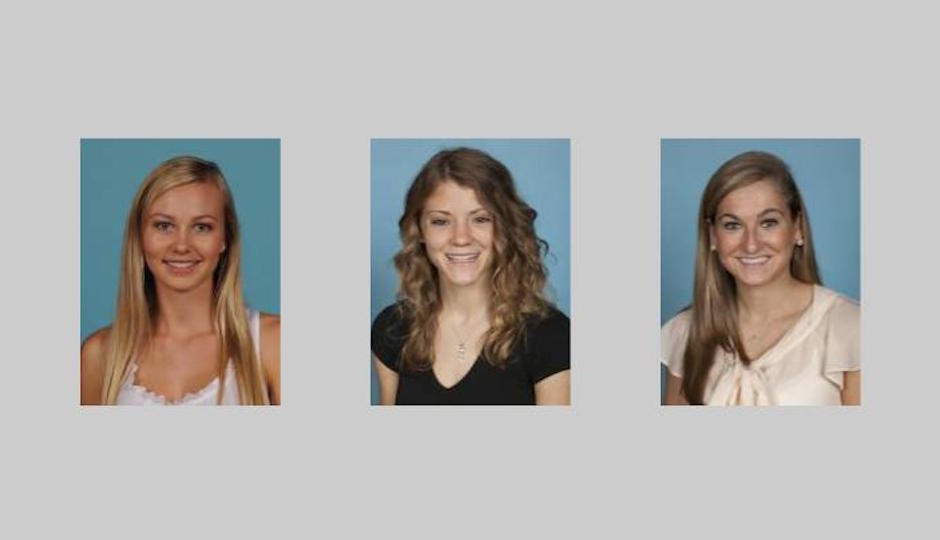Judge: No Pay for Penn Track Athletes

Lauren Anderson, Gillian Berger, Taylor Hennig | Penn Athletics
There will be no pay for Penn track-and-field athletes.
A federal judge on Tuesday ruled that a trio of such athletes are not — as they contended in a lawsuit — ”employees” of the university, and thus not subject to federal labor laws guaranteeing a minimum wage for their work.
“The Supreme Court has recognized that there exists in this country a ‘revered tradition of amateurism in college sports,’ a fact that cannot reasonably be disputed,” Judge William T. Lawrence wrote in dismissing the case. (See the full ruling below.) “So, too, is the fact that generations of Penn students have vied for the opportunity to be part of that revered tradition with no thought of any compensation.”
The ruling comes as the issue of athlete rights — and compensation — hits the front burner in Philadelphia. Drexel University announced this month it will host a summit on the issue just as the NCAA basketball tournament is reaching its “March Madness” heights next month.
Among the participants: Taylor Branch, who wrote a much-noted 2011 cover story for The Atlantic, making a civil rights case for athlete pay; Joe Nocera, the New York Times columnist who has written regularly on such topics; and Ed O’Bannon, a member of UCLA’s 1995 championship basketball team who later sued the NCAA for using his likeness in a video game without compensating him.
“While conversations about college sport are often system-focused, this is about the rights of college athletes,” said Ellen J. Staurowsky, a professor in Drexel’s Department of Sport Management, who is organizing the conference. “This also marks the first time that this group of leading experts have all shared a stage together. It is an exciting and important opportunity to envision a new paradigm for shaping the terms and conditions under which college athletes compete and live their lives.”
Back at Penn, the lawsuit was brought by Lauren Anderson, Gillian Berger, and Taylor Hennig, each of whom competed for the university’s track and field team. Berger and Hennig were on the team as recently as the 2014-15 school year, Anderson most recently the year before that.
The trio sued the NCAA, contending that “the NCAA and NCAA Division I Member Schools suffered or permitted, and benefitted from, the unpaid labor of Plaintiffs” and other athletes, and that “the NCAA could have adopted NCAA bylaws recognizing student athletes as temporary employees under (federal labor law) and authorizing payment of lawfully-earned, modest wages.”
But Judge Lawrence said there was no evidence that Congress intended federal labor laws — specifically, the Fair Standards Labor Act — to apply to college athletes.
“The existence of thousands of unpaid college athletes on college campuses each year is not a secret,” he wrote, “and yet the Department of Labor has not taken any action to apply the FLSA to them.”
The Drexel conference is March 24 – 26 at the National Constitution Center and Drexel University.


